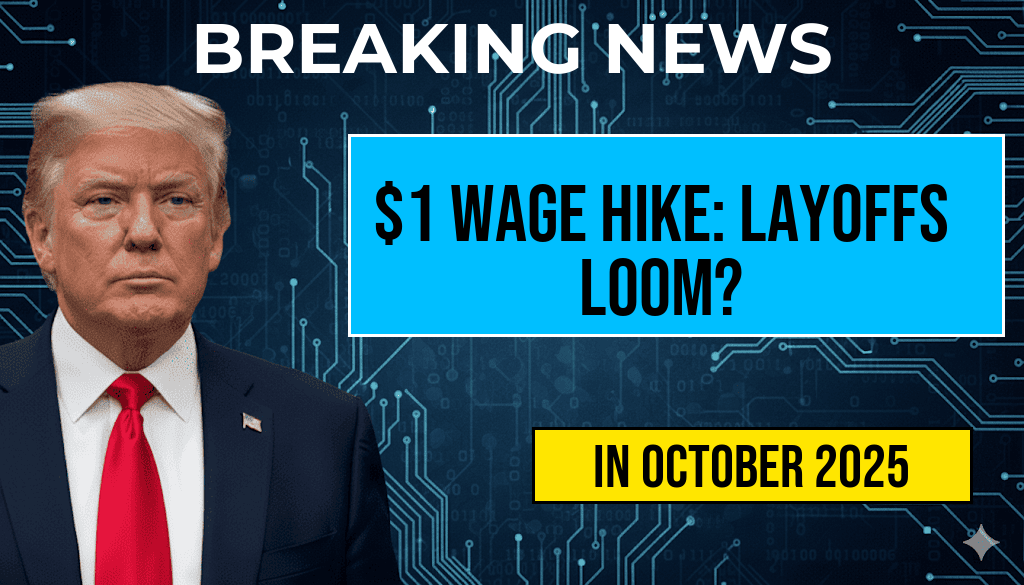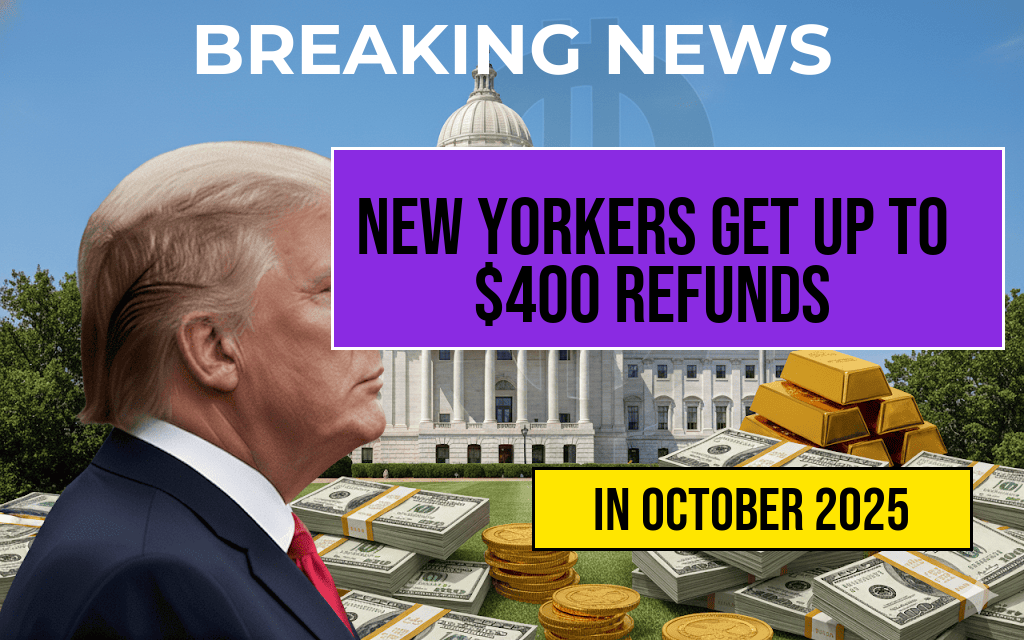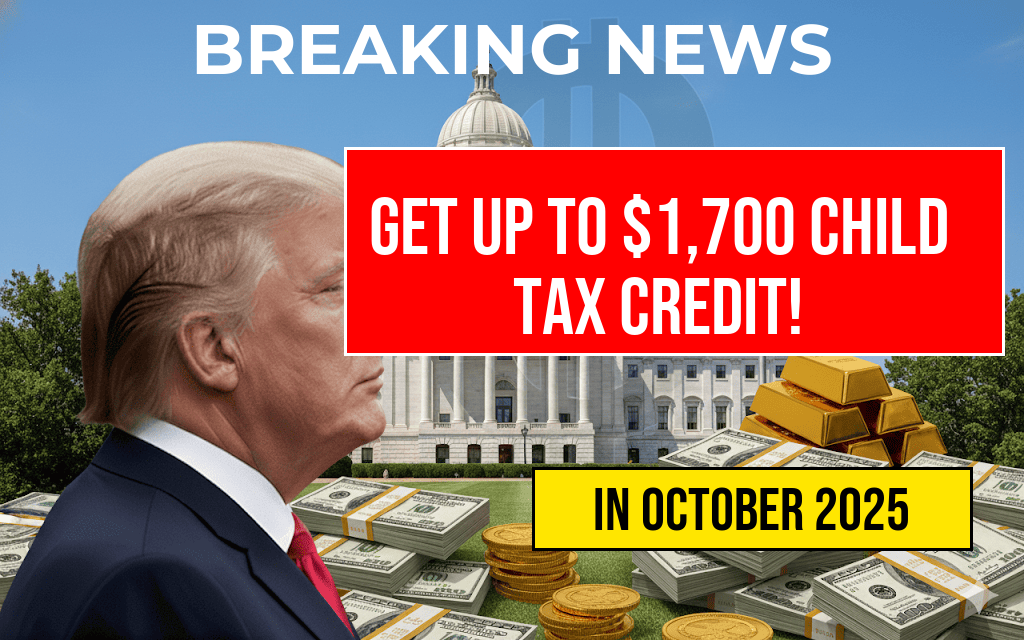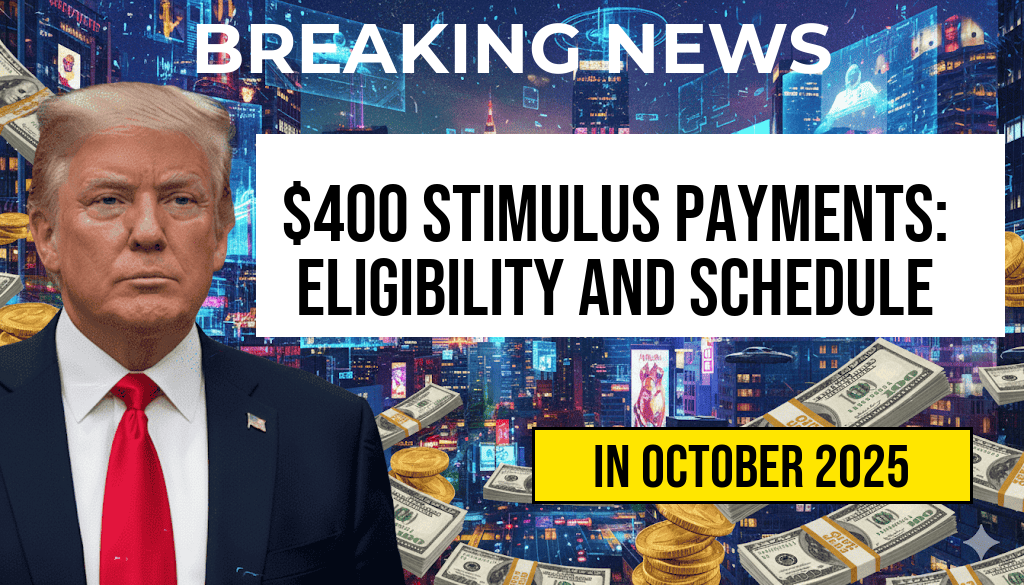The latest updates to the U.S. tax code are poised to offer significant financial benefits to the wealthiest Americans, with estimates suggesting an increase of approximately $5,000 in net income for high-income earners. These changes, which were enacted as part of broader tax reform legislation, aim to stimulate economic growth while providing relief to affluent households. Critics argue that the modifications disproportionately favor the wealthy, exacerbating income inequality, while proponents assert that the changes will ultimately benefit the economy by encouraging investment and spending. As the implications of these tax adjustments unfold, many are left to ponder how they will impact various sectors of the economy and the federal revenue stream.
Details of the New Tax Changes
The recent tax modifications primarily focus on alterations to income tax brackets, capital gains taxation, and deductions. Here are some key aspects of the changes:
- Income Tax Brackets: The highest earners will see a slight adjustment in their income tax rates, allowing for greater retention of earnings.
- Capital Gains Tax: Modifications to how capital gains are taxed may also result in significant savings for investors, particularly in high-yield ventures.
- Deductions: Increased limits on certain deductions will enable wealthier individuals to lower their taxable income more effectively.
Impact on High-Income Households
For households earning over $500,000 annually, the tax changes represent a substantial financial windfall. Analysts predict that the average net income gain could reach $5,000, a figure that could impact spending habits and investment decisions significantly. This windfall is expected to translate into increased consumer spending in luxury markets, real estate, and high-end services.
Economic Implications
Proponents of the tax changes argue that the increased net income for the wealthiest Americans will lead to greater economic activity. By allowing affluent households to retain more of their earnings, proponents believe that these individuals will invest more in businesses, creating jobs and stimulating economic growth.
On the other hand, critics caution that the tax benefits for the wealthy may not trickle down as intended. Observers point to historical instances where tax cuts for high-income earners did not lead to significant increases in wages or employment for lower- and middle-income individuals. According to the Forbes article, this skepticism stems from a growing body of evidence suggesting that income inequality has worsened despite previous tax cuts.
Reactions from Economists and Politicians
Responses to the tax changes have been mixed among economists and political leaders. Some experts argue that the adjustments are necessary for economic recovery following the pandemic, while others warn of the long-term consequences of increasing the wealth gap. Several politicians have already voiced their concerns, calling for a more equitable tax system that addresses the needs of all Americans.
- Supporters: Advocates for the tax changes believe they will foster a more robust economy, leading to overall benefits for the nation.
- Opponents: Critics argue that the changes primarily serve the interests of the wealthy, potentially undermining social programs that assist lower-income individuals.
Public Sentiment and Future Outlook
As these tax changes take effect, public sentiment remains divided. Many Americans are concerned about the implications for income inequality and the potential strain on social services. A recent survey indicated that a significant portion of the population believes that the tax system favors the wealthy, further fueling debates on tax reform. The Wikipedia page on income inequality provides a comprehensive overview of these issues and the ongoing discussions surrounding them.
Conclusion
The newly implemented tax changes present a complex landscape for the U.S. economy, particularly regarding the wealthiest Americans. While they stand to gain substantial financial benefits, the broader implications for income distribution and economic growth remain to be seen. As the effects of these tax reforms unfold, ongoing analysis and discussion will be crucial to understanding their impact on both the economy and society at large.
Frequently Asked Questions
What are the new tax changes affecting the wealthiest Americans?
The new tax changes are designed to benefit the wealthiest Americans by allowing them to gain an additional $5,000 in net income through adjustments in tax rates and deductions.
Who qualifies as the wealthiest Americans under these tax changes?
The term wealthiest Americans typically refers to individuals or households with high income levels, often exceeding the top income brackets set by the IRS.
How will these tax changes impact overall income inequality?
Critics argue that the new tax changes may exacerbate income inequality by providing significant financial benefits to the wealthiest Americans, while others believe it could stimulate economic growth by increasing spending power.
When do these tax changes take effect?
The new tax changes are set to take effect at the beginning of the next fiscal year, impacting tax filings for that year.
What should taxpayers do to prepare for these changes?
Taxpayers should review their financial portfolios and consult with tax professionals to understand how the new tax changes may affect their overall tax strategy and potential benefits.













